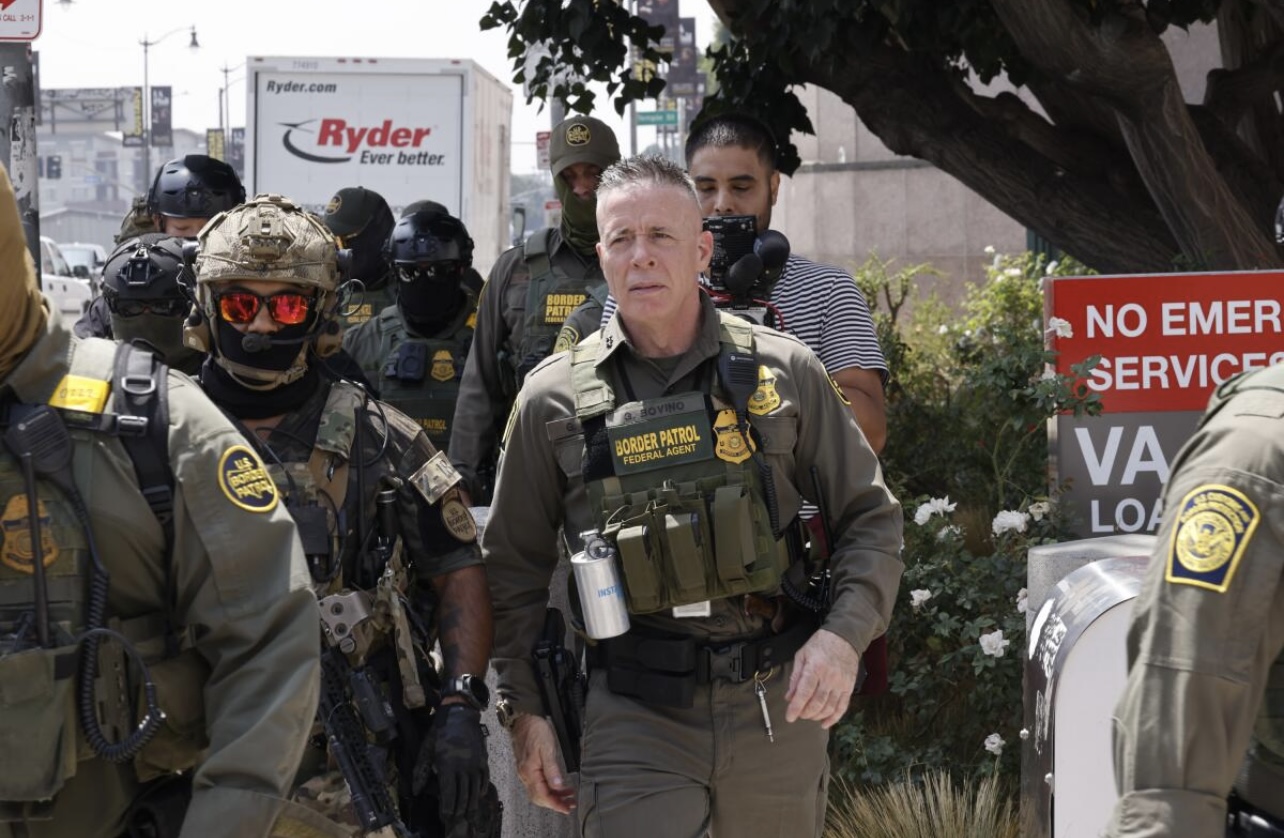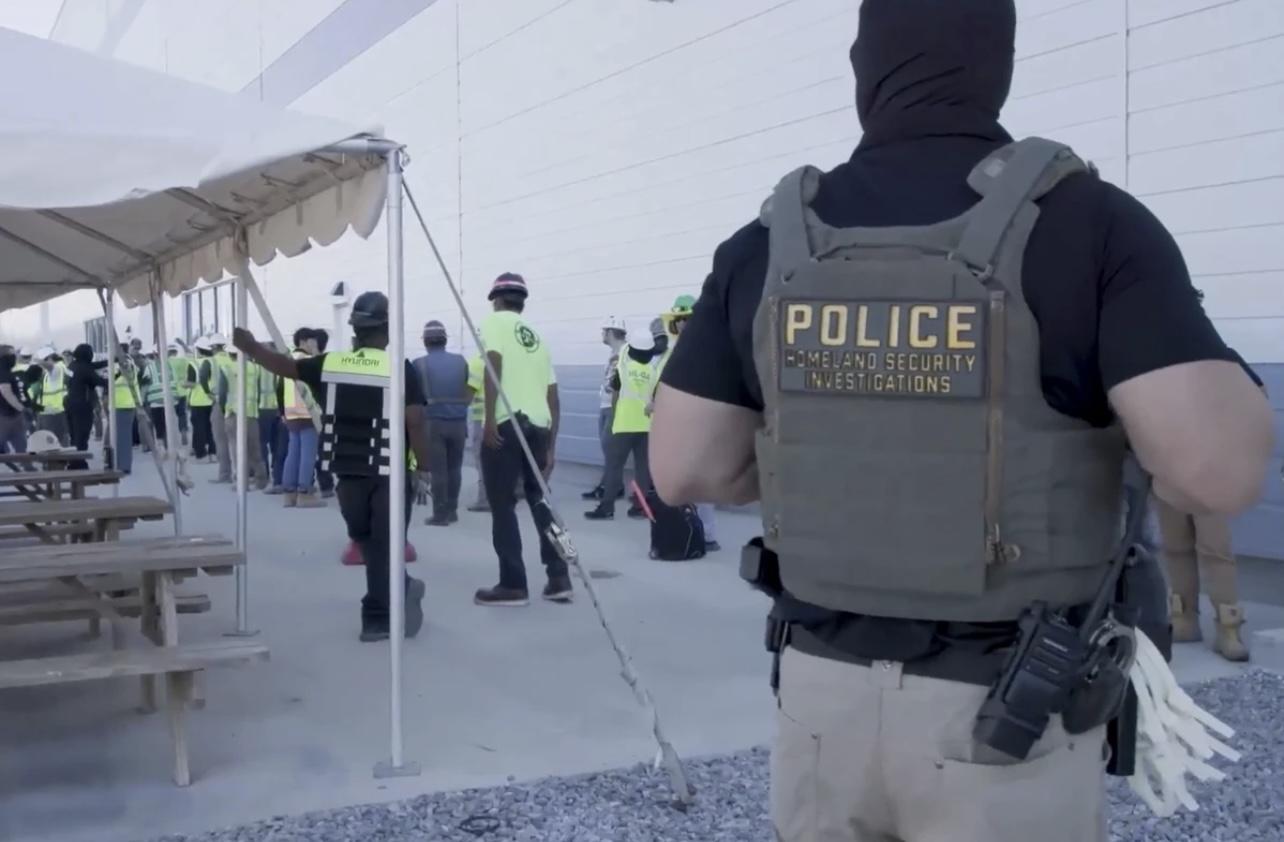Department of Defense carried out strikes against four vessels in the eastern Pacific Ocean, resulting in the deaths of 14 people and leaving at least one survivor, according to official U.S. announcements. The strikes were announced on October 28 by U.S. Secretary of Defense Pete Hegseth, who stated that the vessels were “known by our intelligence apparatus” to be transiting established narcotics-trafficking routes and carrying illicit drugs. The operation consisted of three separate strikes against the four vessels. The U.S. Coast Guard coordinated with the Mexican Navy to rescue the survivor, conducting operations approximately 400 miles southwest of Acapulco. Mexican officials have raised questions about the exact location of the strikes, given their distance from the coast.
This operation forms part of a broader push by the Trump administration to escalate military action against what U.S. officials describe as “narco-terrorists,” drawing parallels between drug-trafficking networks and terrorism. The campaign, which began in early September 2025 with strikes in the Caribbean, has since expanded into the eastern Pacific. Reports indicate that the total number of fatalities from disclosed strikes now exceeds 50 across more than a dozen operations. The regional build-up has included deployment of approximately 10,000 U.S. troops, eight warships, and an aircraft carrier group along the Caribbean-Pacific corridor. U.S. officials have cited an “armed conflict” legal framework, applying wartime rules similar to those used in counter-terrorism operations.
The strikes have prompted legal and diplomatic concerns. Several U.S. Senators and legal scholars have questioned the administration’s authority to use lethal military force against alleged criminals without Congressional approval or due process. Critics note that evidence linking the struck vessels to drug trafficking has not been made public. Mexico protested the strikes, emphasizing maritime sovereignty and calling for adherence to international treaties. Relations with Colombia are also strained, as U.S. sanctions on President Gustavo Petro, alleging ties to drug trafficking, have fueled tensions despite his denials. Analysts suggest the escalation may signal a shift from naval interdiction to potential land-based actions or pressure on countries like Venezuela, though U.S. officials deny intentions of regime change.
Many details remain unclear, including the identities and affiliations of those killed, the exact locations of the strikes, the quantities of narcotics involved, and how the survivor will be processed. The operation represents one of the most significant uses of U.S. military force in the Western Hemisphere under anti-narcotics justification in recent decades, expanding the definition of national security threats. The broader implications include increased regional instability, legal and diplomatic disputes, and uncertainty over the impact on drug-trafficking flows.
The U.S. military strikes mark a dramatic intensification of the anti-drug campaign, reflecting a new paradigm in addressing narcotics trafficking that carries significant consequences for regional security and international norms.



